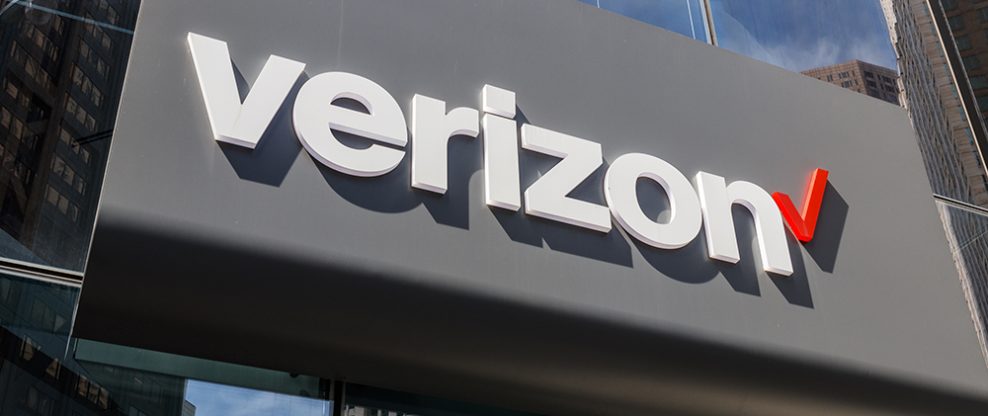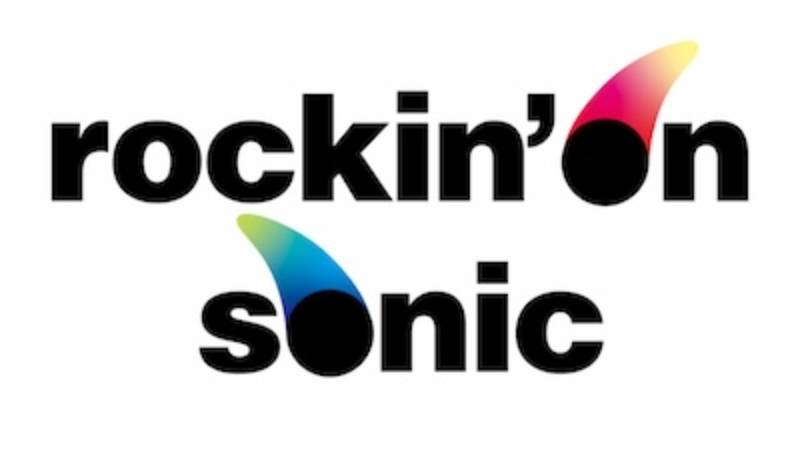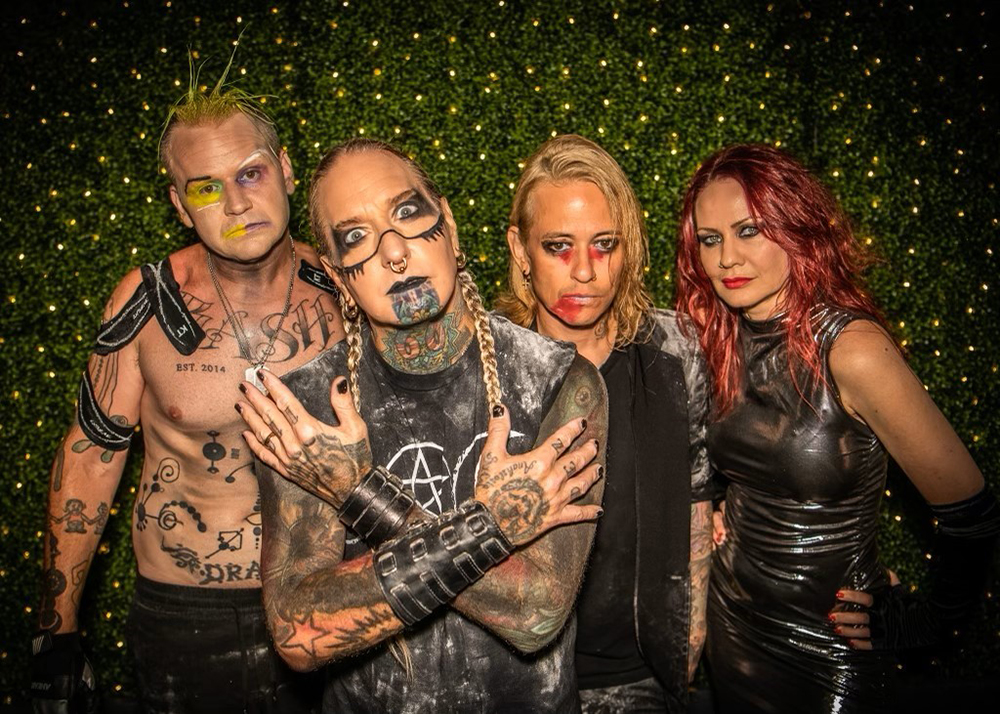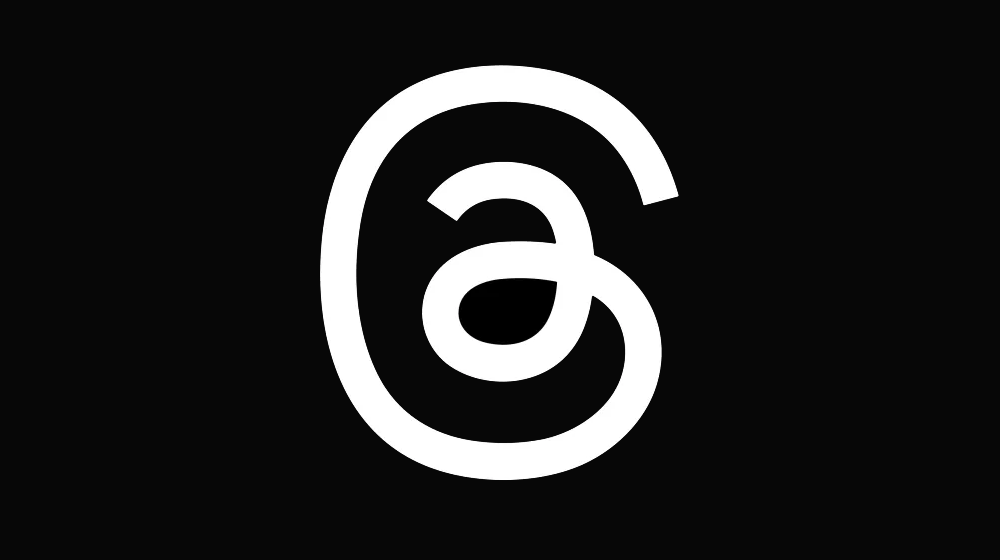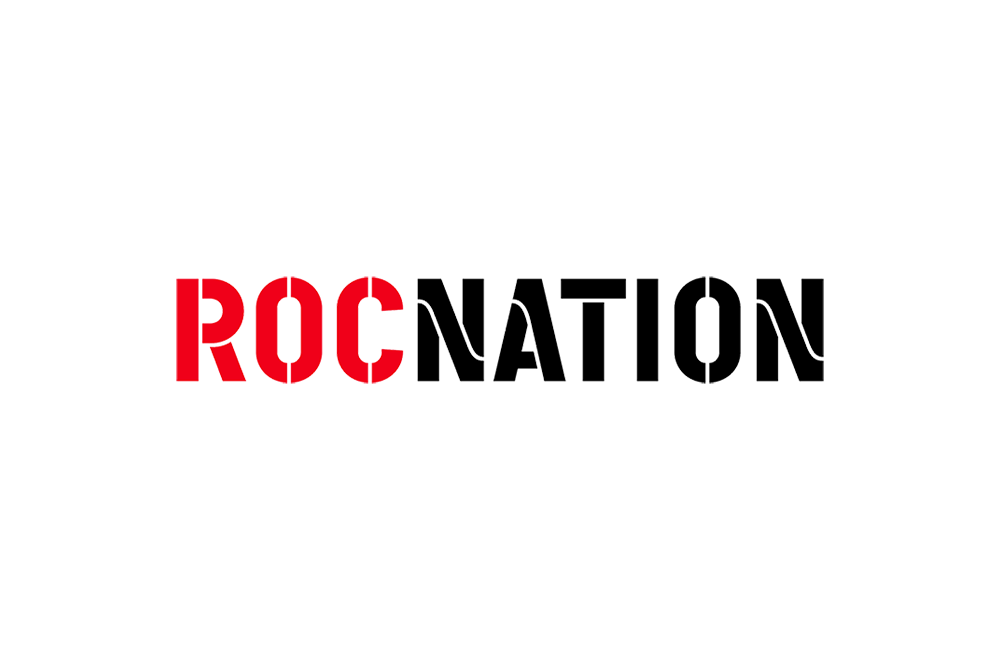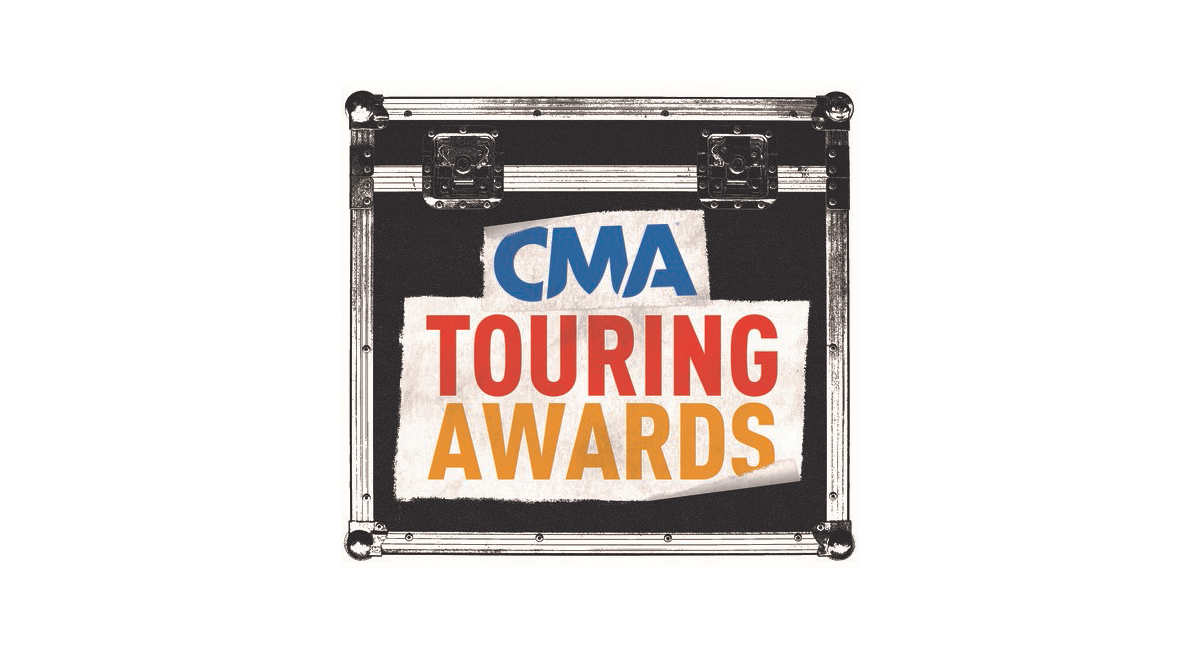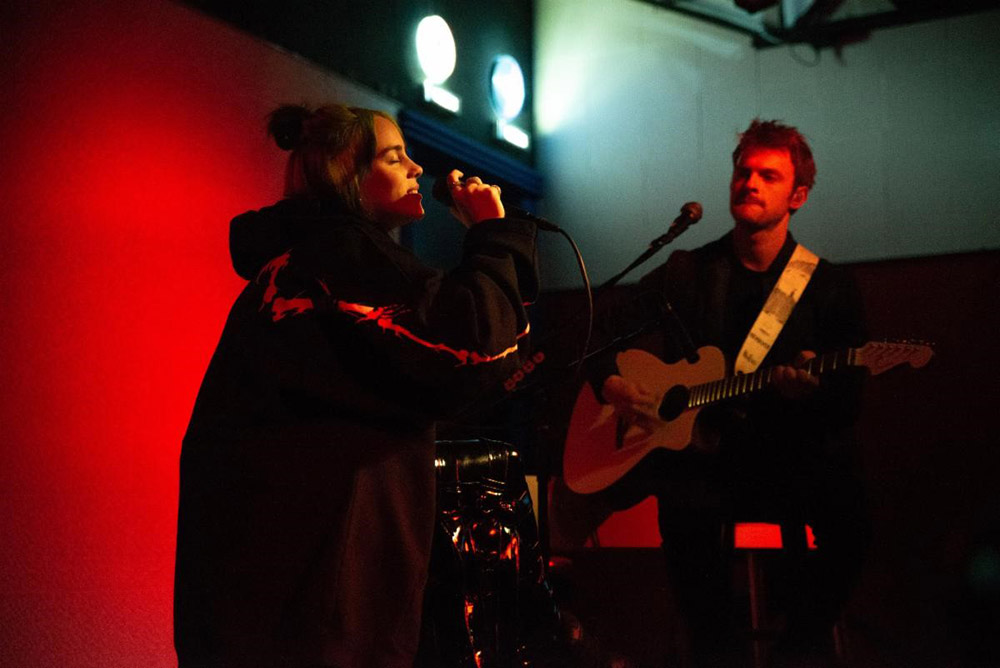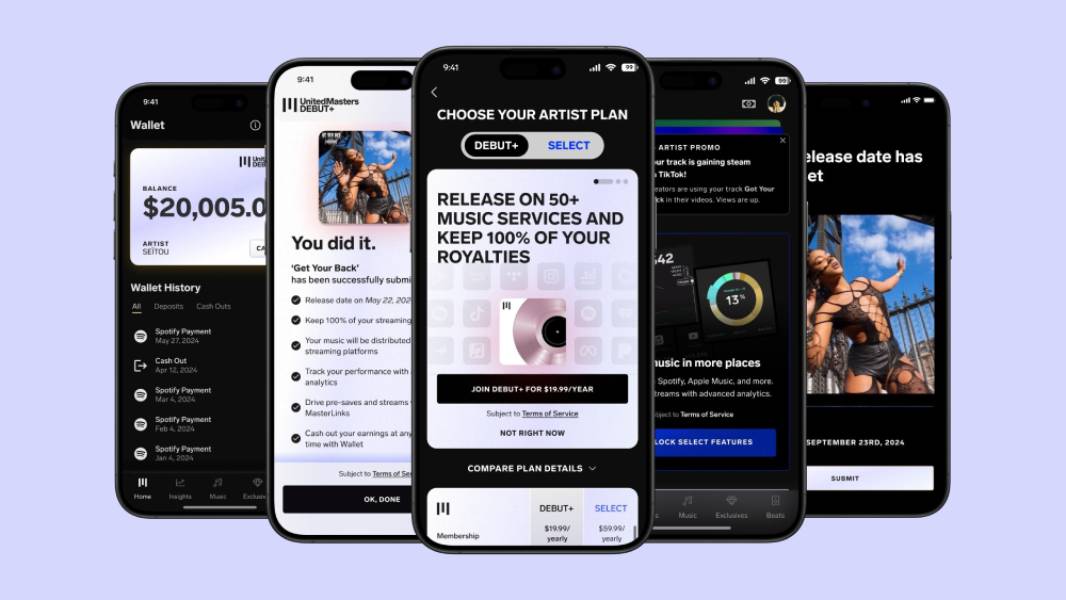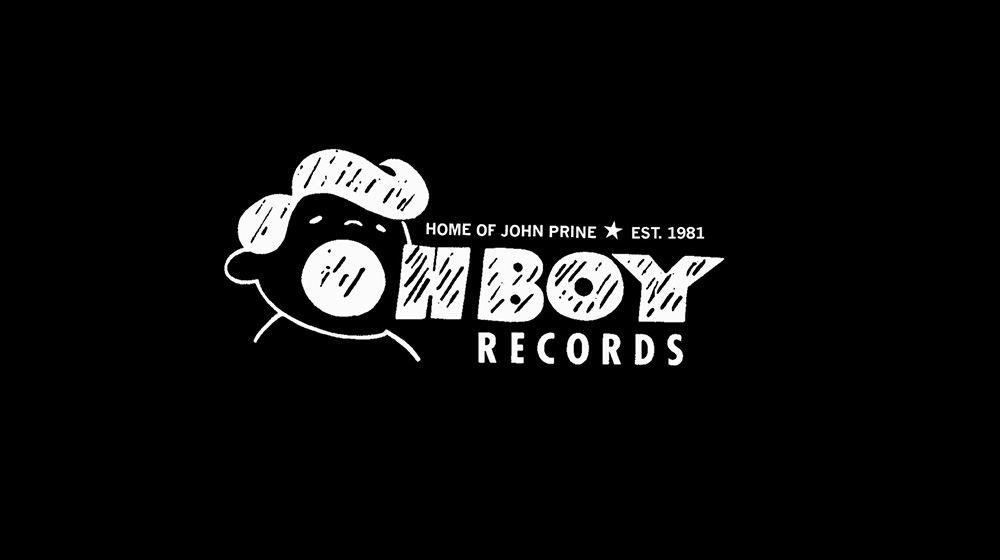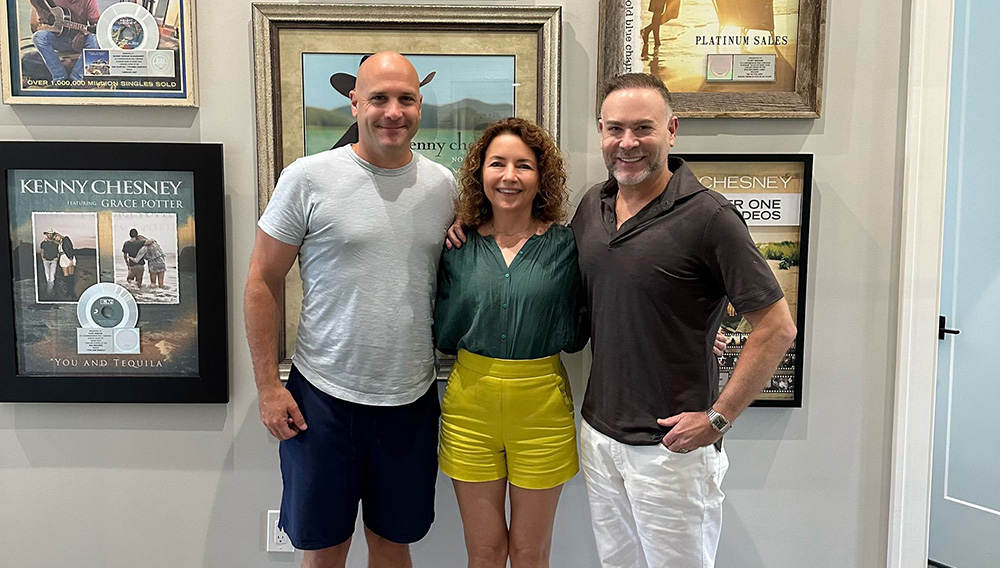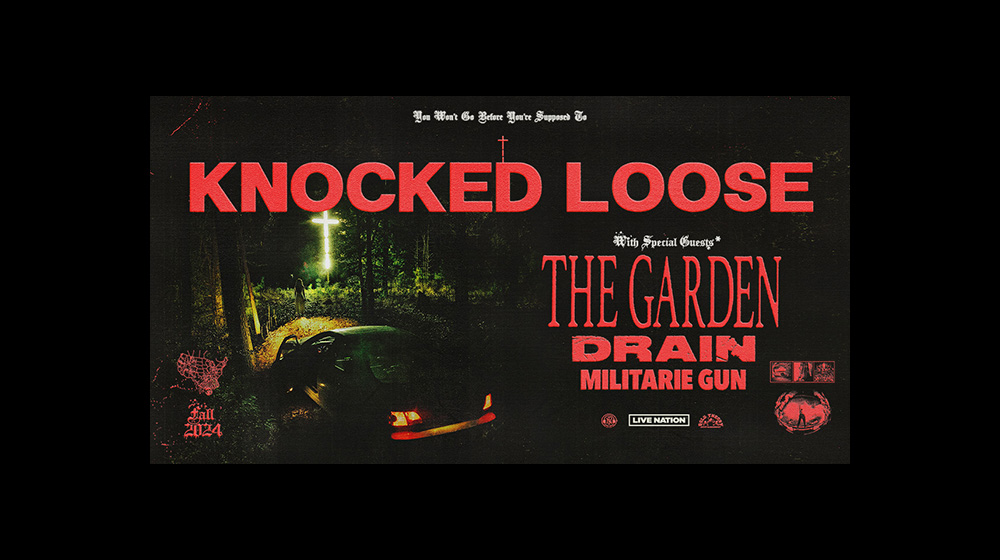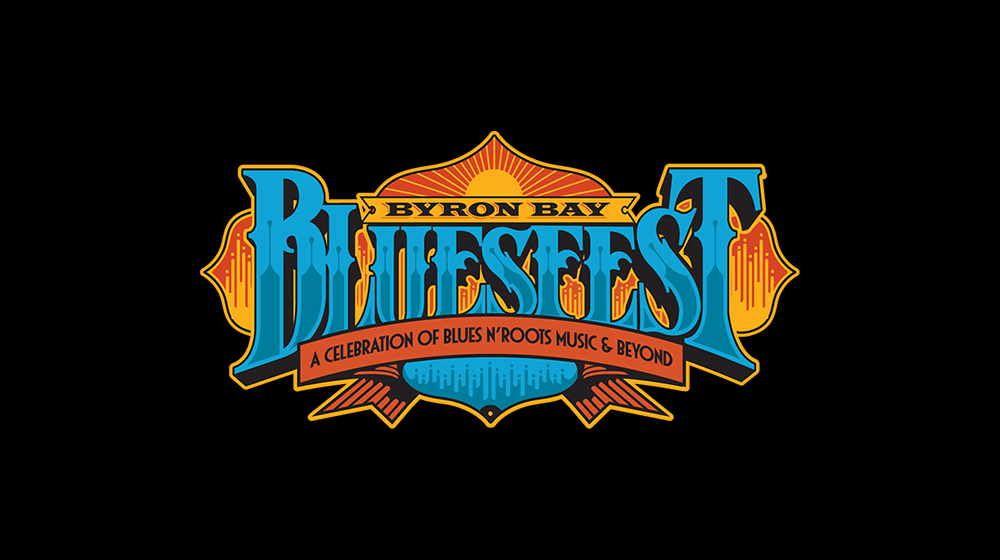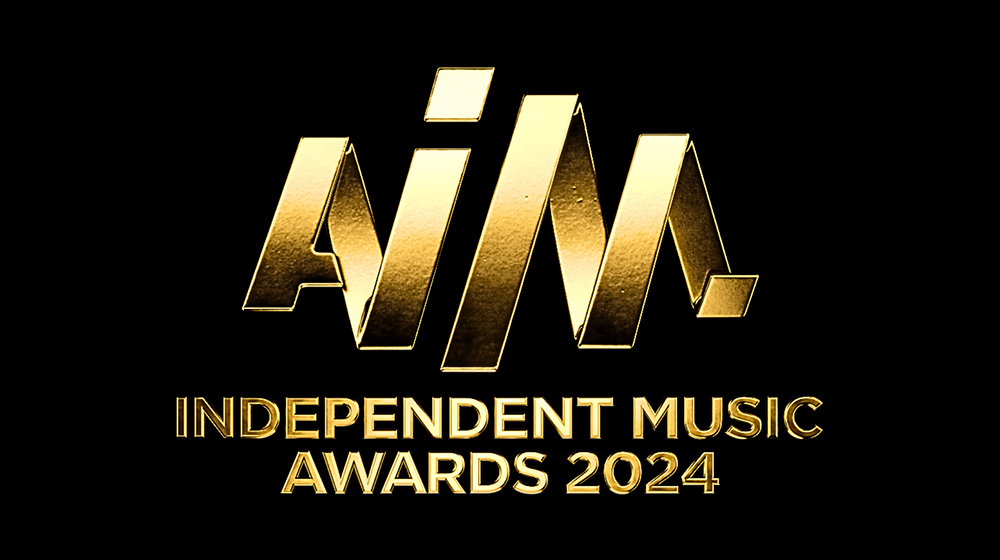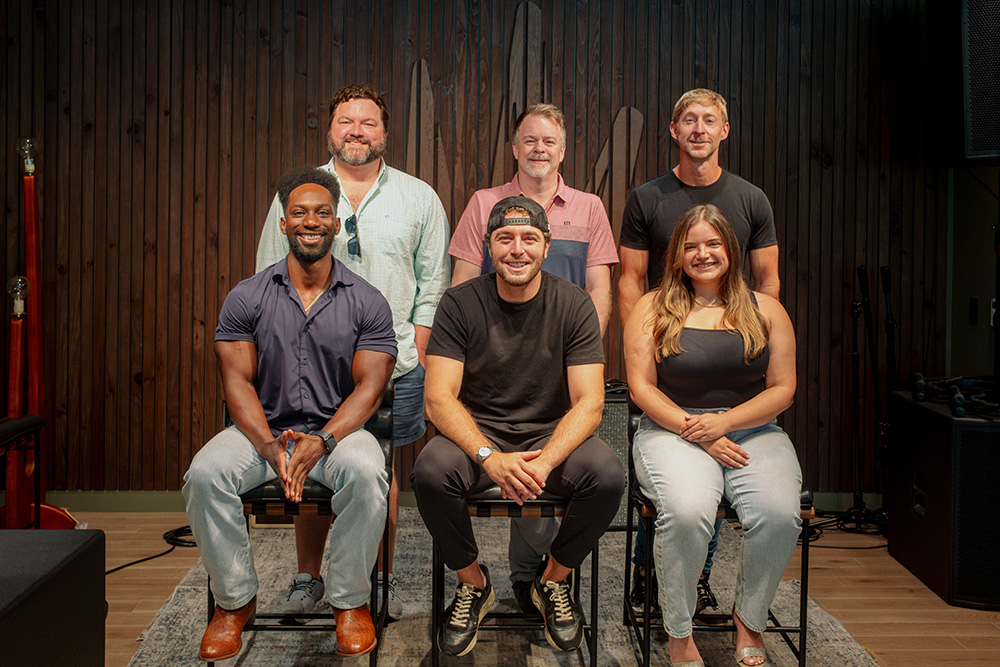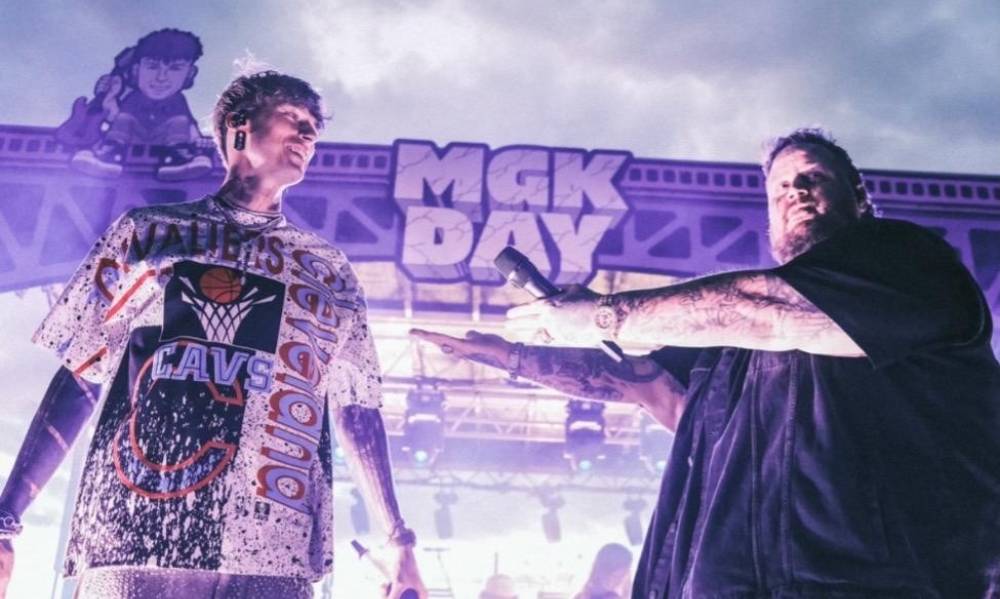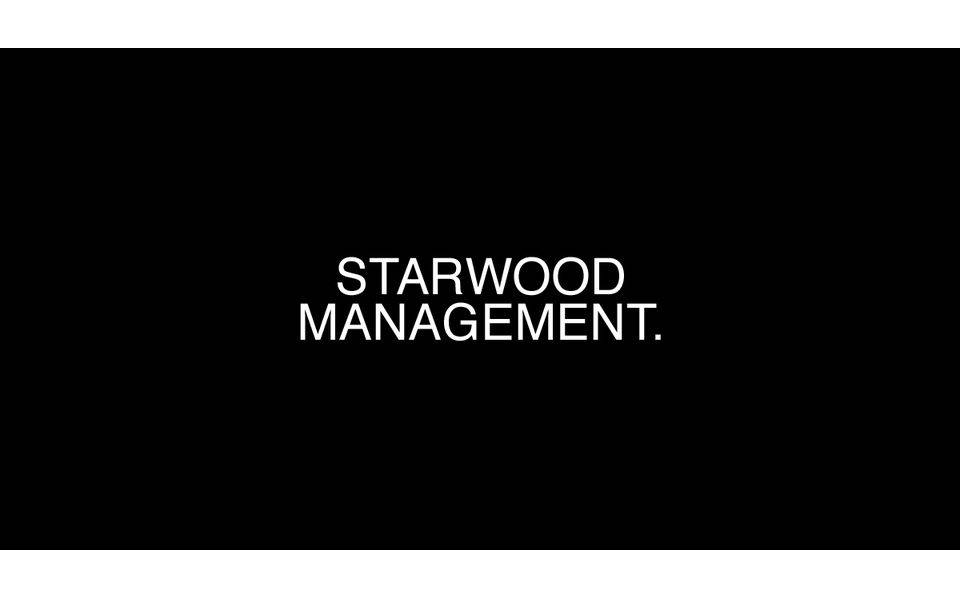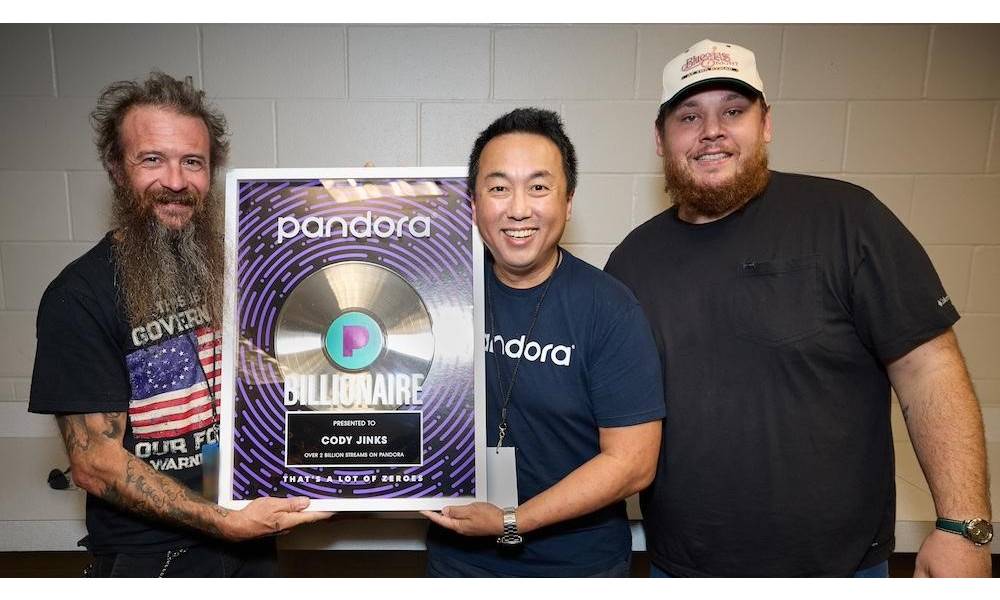NEW YORK (CelebrityAccess) – A coalition of major record labels, including Universal Music Group (UMG), Warner Music Group (WMG), Sony Music and ABKCO Music, has filed a lawsuit against one of the largest Internet Service Providers (ISPs) in the United States (US) with over 114 million subscribers. The lawsuit accuses Verizon of knowingly facilitating music piracy by allowing subscribers to infringe on copyrighted content without repercussions.
The record labels’ 408-page document details what they claim is an “illustrative and non-exhaustive” list of 17,335 works infringed by Verizon’s customers and that “nearly 350,000 infringement notices” have been sent to Verizon since 2020. They seek up to $150,000 in statutory damages per work infringed through the Digital Millennium Copyright Act (DMCA), potentially exceeding $2.6 billion.
“Verizon’s failure to take meaningful action against its infringing subscribers drew subscribers engaging in Internet piracy to purchase Verizon’s services so that those subscribers could infringe Plaintiffs’ (and others’) copyrights and avoid obtaining that copyrighted content through legitimate channels,” the lawsuit reads. “Infringing subscribers were drawn to Verizon’s services because of its lax policies concerning copyright infringement and faster internet speeds that facilitated the use of P2P protocols for those willing to pay more.”
The lawsuit further states, “Verizon fostered a safe haven for infringement in light of its lax policies and thus encouraged its subscribers to infringe. The specific infringing subscribers identified in Plaintiffs’ notices, including the particularly egregious infringers identified above, knew that Verizon would not terminate their accounts despite receiving multiple notices identifying them as infringers, and they remained Verizon subscribers so that they could continue illegally downloading copyrighted works.”
The labels assert that Verizon “provides its high-speed service to a massive community of online pirates, who it knows repeatedly use that service to infringe Plaintiffs’ copyrights.” Despite issuing “hundreds of thousands of copyright infringement notices” over the past few years, the labels claim Verizon has failed to take appropriate action.
“While Verizon is famous for its ‘Can you hear me now?’ advertising campaign, it has intentionally chosen not to listen to complaints from copyright owners,” the lawsuit states. “Instead of taking action in response to those infringement notices as the law requires, Verizon ignored Plaintiffs’ notices and buried its head in the sand. Undeterred, infringing subscribers identified in Plaintiffs’ notices continued to use Verizon’s services to infringe Plaintiffs’ copyrights with impunity. Meanwhile, Verizon continued to provide its high-speed service to thousands of known repeat infringers so it could continue to collect millions of dollars from them.”
Ken Doroshow, RIAA Chief Legal Officer, commented: “The Digital Millennium Copyright Act was designed to encourage creators and platforms to work together to deal with online piracy. The plaintiffs did their part, identifying and informing Verizon of more than 340,000 instances of blatant copyright infringement by anonymous users of Verizon’s network. However, Verizon chose to ignore this mass-scale infringement and failed to fulfill its most basic obligations under the law. By flouting the law and rejecting the path of cooperation, Verizon has forfeited any claim to DMCA immunity and compelled music creators to turn to the courts to protect their rights and their work, including the 17,335 infringed recordings identified in the Complaint.”
Historically, similar lawsuits in the US have held Communications Service Providers (CSPs) accountable for copyright violations committed by their subscribers. A notable case in 2019 saw Cox Communications ordered to pay $1 billion in damages for failing to remove known music pirates from its network. However, this amount was later deemed excessive, and a new trial is being organized to determine a more reasonable penalty. As of press time, Verizon has yet to comment publicly on the lawsuit.

